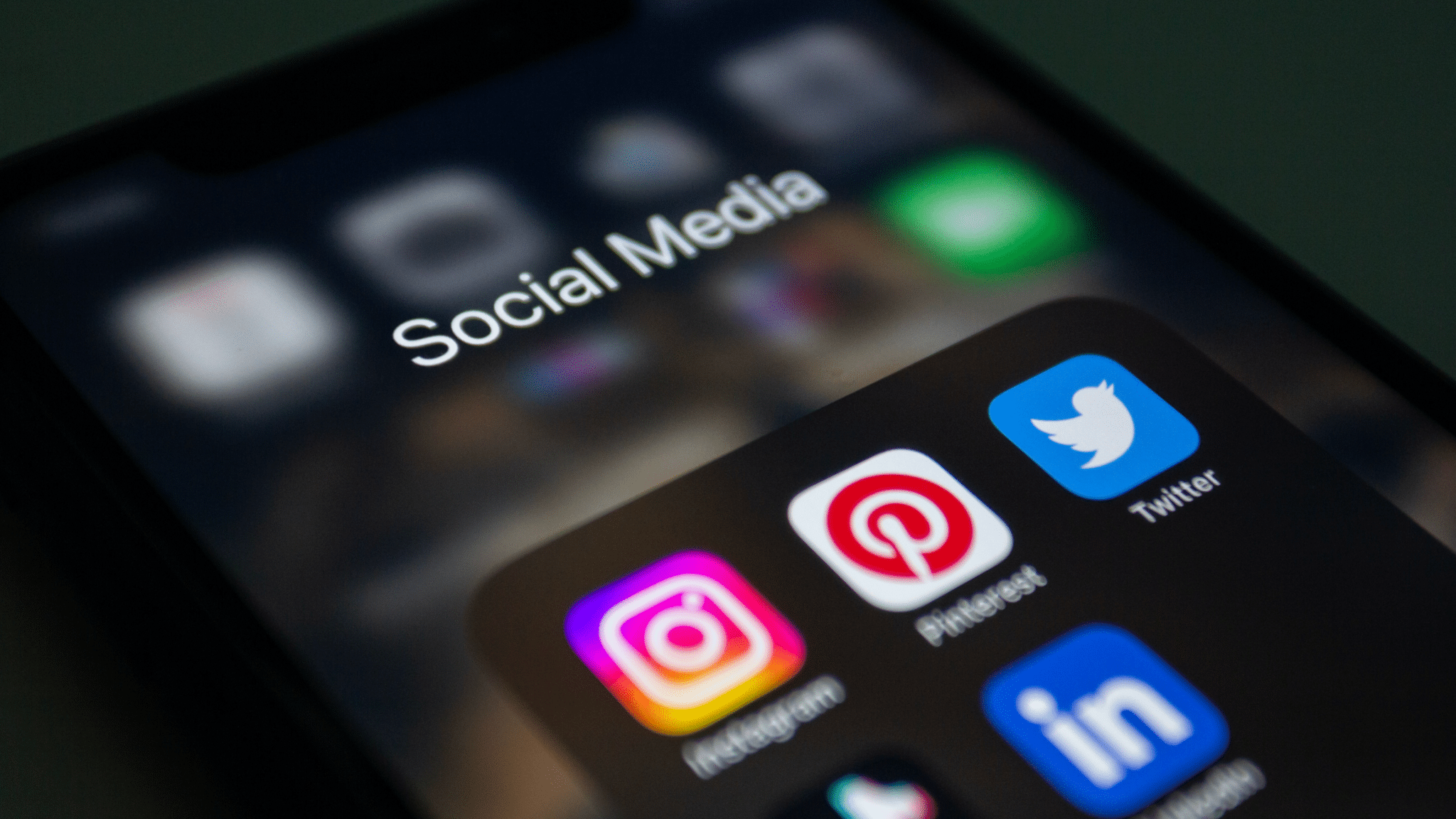
In an era defined by digital personalisation and engagement, leveraging the power of micro-influencers can be a game-changing move for your business. Particularly in New Zealand, with its unique market dynamics, the growing influence of these online personalities is more prominent than ever before.
Characterised by their smaller, yet significantly engaged, follower bases, micro-influencers have cemented their position as effective marketing partners for various industries, driving increased engagement and ROI at a fraction of the cost of traditional influencers. With research revealing the superior engagement and cost-effectiveness they offer, it’s time to capitalise on this phenomenon. Here are some actionable strategies to optimise micro-influencer marketing for your business in New Zealand.
Individuals seek personalised recommendations, and micro-influencers succeed in establishing genuine connections with their followers.
Micro-influencers boast smaller yet highly engaged audiences and have emerged as powerful allies for businesses all over the world.
Your business is certainly missing out on authentic engagement, personalised trusted endorsements, and conversions if you are not utilising the power of micro-influencers.
According to recent reports, micro-influencers generate up to 60% more engagement than macro-influencers. 11. 44% of marketers even stated that their biggest benefits in terms of ROI came from working with micro-influencers because they are less expensive.
Here is how to get the most out of micro-influencer marketing for your business in New Zealand.
What are Micro-influencers?
Micro-influencers are individuals who have a relatively small but highly engaged social media following. They are typically social media influencers who specialise in a specific niche and have a genuine connection with their target audience.
Unlike celebrity influencers also known as macro-influencers with millions of followers, micro-influencers have a more engaged and personalised
audience. They often provide recommendations, reviews, and endorsements that strongly resonate with their audience.
Why is Micro-Influencer Marketing so Popular in 2023?
Influencer marketing is popular due to several factors. First of all, consumers are increasingly sceptical of traditional advertising and are more likely to trust recommendations from influencers they follow and trust.
Additionally, influencer marketing allows brands to reach niche audiences through influencers who have a dedicated and engaged following. Moreover, the rise of social media platforms has made it easier for influencers to create and share content, further amplifying their reach and influence.
Top 10 Benefits of Micro-Influencer Marketing for NZ Businesses

According to a recent survey report, 92% of marketers believe that micro-influencer marketing is an effective form of marketing with 1 out of every 4 marketers currently opting for influencer marketing to promote their business.
Here are 10 reasons why you should start investing your time and resources in micro-influencer marketing strategy if you haven’t already:
1. Cost Effective:
Working with micro-influencers is more cost-effective than partnering with macro-influencers. Since micro-influencers have a smaller following, they are less likely to charge much less for their services.
2. High User Engagement
Micro-influencers often have a strong bond with their followers. Their audience trusts and values their opinions and recommendations. As a result, when they promote your brand or product, their followers are more likely to engage with the content.
3. Relevant Audience
Micro-influencers usually have niche audience. This means your marketing campaigns can be focused on specific demographics and audiences that are more likely to convert into customers.
4. Authenticity
Micro-influencers are known for their authenticity, which helps to build trust and credibility among their followers.
5. Better Conversion Rates
Due to their close relationship with their followers, micro-influencers can have a higher impact on driving conversions and sales for the businesses they recommend.
6. Competitive Advantage
As a more cost-effective marketing strategy, micro-influencer marketing can give small and medium-sized businesses an advantage against companies that are not utilising influencer campaigns.
7. Improved Branding
Working with micro-influencers and building a relationship through authentic brand promotion can help you raise brand awareness. Once you raise enough awareness your users will start acting as your business advocates, therefore promoting and defending your brand’s reputation.
8. Increased Sales and Traffic
With increased engagement and brand promotion, micro-influencer marketing also leads to increased traffic and sales. This is because micro-influencers tend to have a high conversion rate since their audience is more targeted.
9. Word-of-Mouth Marketing
Micro-influencers are influential within their communities, making them powerful advocates for generating positive word-of-mouth marketing for businesses.
10. Improved SEO
Micro-influencers can help businesses influence search engine optimisation (SEO). Creating high-quality content with relevant keywords and links from micro-influencers can boost your website traffic and search engine rankings.
Best Practices to Leverage Social Influencers for Your Business in New Zealand

Leveraging influencers for your business can be a cost-effective and targeted marketing strategy. Here are some best practices to consider:
Focus on niche relevance: Choose influencers whose content and niche closely align with your brand’s values and industry. Their audience should be interested in the products or services you offer, which ensures better engagement and conversions.
Build relationships: Take the time to build authentic relationships with micro-influencers. Engage with their content, provide value, and show interest in their work. This will make them more likely to consider partnering with your brand and create a stronger bond.
Offer incentives: Incentivise micro-influencers by offering exclusive discounts, free products, or monetary compensation. This helps motivate them to create high-quality content and promote your brand effectively.
Engage with the audience: Monitor the comments, messages, and interactions that occur on the micro influencer’s posts. Respond to user queries, engage with positive feedback, and address any concerns promptly to build brand awareness. This builds trust with consumers and shows your brand’s commitment to customer satisfaction.
Establish long-term partnerships: Consider building long-term influencer relationships with micro-influencers who consistently deliver results and align well with your brand. Long-term collaborations allow for deeper brand integration and stronger audience connections.
Choose the Right Influencer: Reach out to the influencers you are interested in working with. Have an open and transparent discussion about your campaign goals, expectations, and deliverables. Build a strong working relationship and ensure that both parties are aligned.
Track and evaluate the success of your influencer campaign: Keep an eye on engagement metrics such as likes, comments, shares, and click-through rates. Higher engagement indicates that the content resonated well with the audience and had a positive impact.
Powerful Social Media Platforms to Find Micro-Influencers

The five most popular social media marketing channels where you can find influencers for social media marketing include:
Instagram: With over 2 billion monthly active users, Instagram is a visual-centric social media platform that allows influencers to showcase products or services through compelling images and videos.
It has a large user base, high engagement rates, and offers various features such as Stories, Reels, and IGTV, making it an effective platform for micro-influencer marketing.
YouTube: YouTube is a video-sharing platform where influencers can create engaging content, tutorials, reviews, and product demos. With over 2 billion logged-in monthly users, YouTube-powered social media channels have a vast audience and the opportunity for long-form content.
TikTok: TikTok has gained immense popularity in recent years, especially among younger audiences. It allows TikTok influencers to create short, entertaining videos that can quickly go viral. TikTok’s algorithm-driven content discovery makes it easier for influencers to gain exposure.
Facebook: Facebook, with its large user base, offers influencers the ability to connect with their audience through posts, live videos, and groups. It also provides powerful targeting options for brands to reach specific demographics.
Twitter: Twitter is known for its real-time conversations and quick updates. Influencers can utilise Twitter to share insights, engage with their audience, and promote products or services through tweets, retweets, and hashtag campaigns.
Top benefits of using these platforms for micro-influencer marketing
Access to a large audience base.
Targeted reach to specific demographics.
Higher engagement rates compared to traditional advertising.
Enhanced brand visibility and awareness.
Building authentic relationships with followers.
Cost-effective campaigns, especially with micro-influencers also called nano influencers.
Ability to leverage different content formats like images, videos, and stories.
Opportunity for user-generated content and word-of-mouth marketing.
Higher potential for virality and increased reach.
Measurable results through analytics and tracking tools.
The Best Micro-Influencer Outreach Platforms
Are you tired of trying to find relevant influencers in your business niche? I have compiled a list of the top outreach platforms that can not only help you find the right micro-influencers but also give you a cost assessment from each creator:
Klear: Known for its advanced search capabilities and data-driven insights, Klear helps businesses find the right influencers and manage relationships on all social media platforms.
Stack Influence: This platform offers a managed micro-influencer marketing service. With Stack Influence, you can get thousands of creators posting about your brand, driving engagement and conversions.
Neoreach: This platform offers robust data analytics and campaign management tools that are ideal for e-commerce stores. Neoreach allows businesses to manage, track, and measure the success of their influencer marketing campaigns in one place.
Traackr: Traackr provides an all-in-one platform for influencer discovery, relationship management, and performance tracking. It’s known for its comprehensive influencer data and analytics capabilities, helping businesses optimise their marketing efforts.
Conclusion
Leveraging micro-influencer marketing for your business is a strategy that can be effective in increasing brand awareness, driving traffic, boosting sales, improving SEO, and building a loyal customer base. With this approach, you don’t have to break the bank, and it enables you to reach targeted audiences. It’s important to note that, when partnering with micro-influencers, authenticity and genuine brand promotion should be the focus. If executed correctly, micro-influencer marketing can be a cost-effective and worthwhile strategy for businesses looking to expand their online presence and reach more potential customers.
FAQs
Why is Influencer Marketing Important for E-Commerce Brands?
Influencer marketing is important for e-commerce brands because it helps increase brand awareness, build credibility, and drive sales. By leveraging influencers, brands can reach a larger audience, gain the trust of consumers, and benefit from the authentic content created by influencers.
Are micro-influencer platforms more cost-effective than traditional influencer marketing?
Yes, they are more cost-effective due to their lower cost per engagement and higher ROI. These platforms offer access to a diverse range of niche influencers with smaller but highly engaged audiences, providing better value for money.
